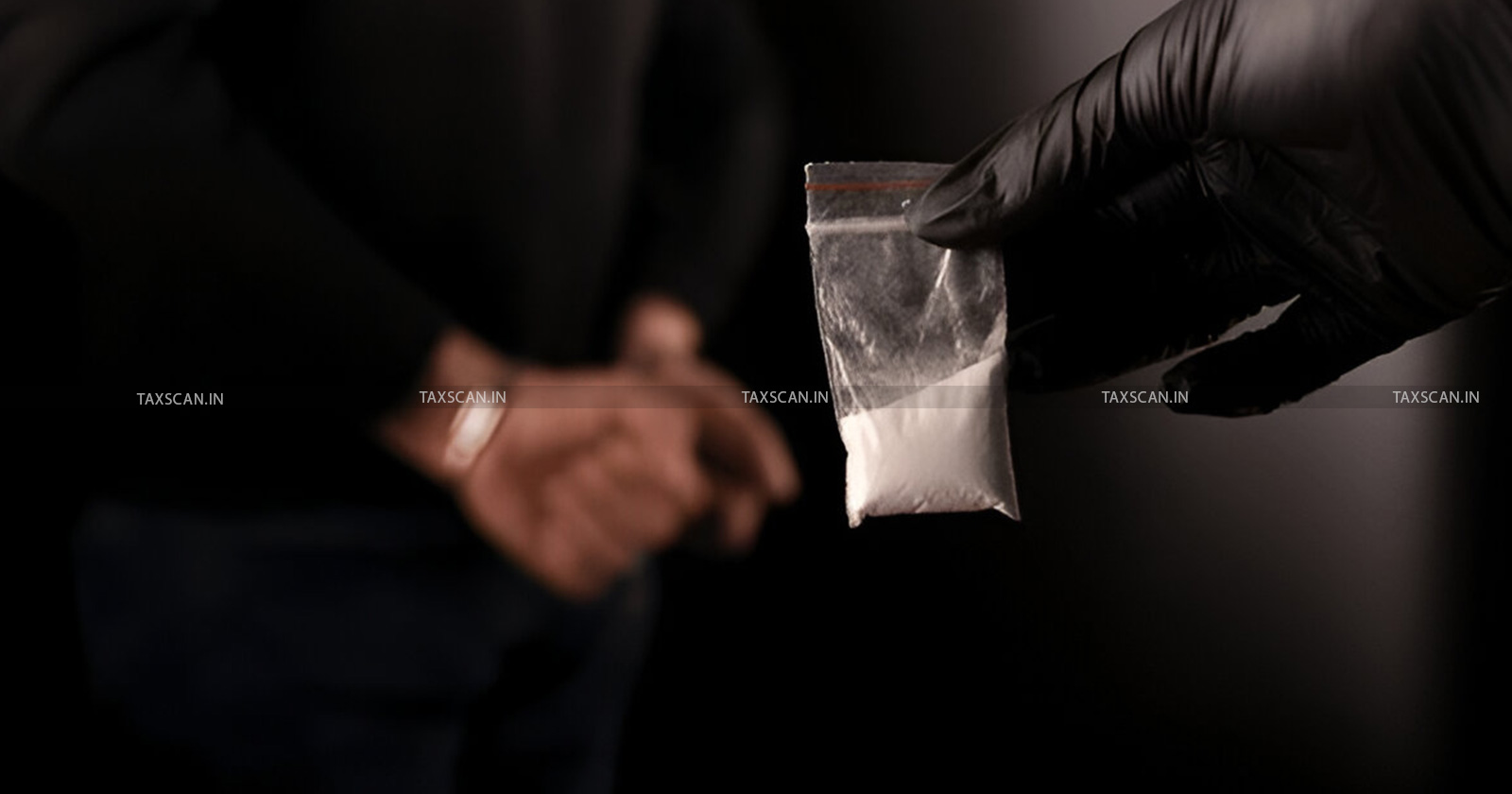Uttarakhand HC rejects Bail Plea of Dark Web Drug Trafficking accused in Money Laundering Case [Read Order]
Singh remains in judicial custody while the Enforcement Directorate (ED) continues its probe into the case

https://www.taxscan.in/wp-content/uploads/2025/01/Uttarakhand-HC-Bail-Plea-Dark-Web-Drug-Trafficking-Money-Laundering-Case-taxscan.jpg
https://www.taxscan.in/wp-content/uploads/2025/01/Uttarakhand-HC-Bail-Plea-Dark-Web-Drug-Trafficking-Money-Laundering-Case-taxscan.jpg
The Uttarakhand High Court, on January 7, 2025, dismissed the bail application of Banmeet Singh, who faces charges of money laundering and drug trafficking under the Prevention of Money Laundering Act, 2002.
The Single Bench of Justice Ravindra Maithani, delivering the oral judgment, reiterated the seriousness of the allegations and the need for a thorough investigation.
The case against Banmeet Singh arose from his alleged involvement in a global drug trafficking network, operated in collaboration with his brother, Parvinder Singh. According to the ED, the Singh brothers used the dark web to market narcotics under pseudonyms and accepted payments in cryptocurrency.
Become a PF & ESIC expert with our comprehensive course - Enroll Now
The proceeds of these transactions were reportedly laundered through complex cryptocurrency wallets. Investigators claim that 4,250 Bitcoins ( BTC ), suspected to be linked to the illegal operations, remain untraceable. Singh was previously arrested in the United Kingdom in 2019 on an extradition request from the United States. Following a plea agreement with U.S. authorities, he was convicted and sentenced to 60 months in prison. Upon his release in April 2024, Singh returned to India, where he was interrogated and subsequently arrested by the ED.
In his defense, Singh argued that he had already been tried and convicted in the United States for offenses involving drug trafficking and related money laundering activities. His counsel contended that prosecuting him in India for the same crimes would violate the principles of double jeopardy under international law.
Become a PF & ESIC expert with our comprehensive course - Enroll Now
They referenced Article 14(7) of the International Covenant on Civil and Political Rights, which protects individuals from being tried or punished twice for the same offense. Additionally, the defense claimed that statements made by Singh under Section 50 of the PMLA were coerced and lacked evidentiary value unless independently corroborated.
The ED countered these arguments, asserting that Singh’s conviction in the United States are relevant only to specific Bitcoins surrendered during his plea agreement and did not preclude prosecution for untraceable proceeds of crime linked to India.
It was further alleged that Singh’s act of dividing Bitcoins with his brother constituted a fresh offense under Indian law. The court was also informed that large sums of money had been transmitted into Indian accounts during Singh’s drug trafficking operations, with no legitimate source of income identified for the period between 2011 and 2017.
Become a PF & ESIC expert with our comprehensive course - Enroll Now
Justice Maithani, while rejecting the bail plea, noted that the admissibility of Singh’s statements and their evidentiary value would require detailed examination during the trial. He observed that interconnected transactions involving proceeds of crime create a presumption under Section 23 of the PMLA, which shifts the burden of proof to the accused.
The court refrained from making any determinations on whether the word "elsewhere" in the U.S. plea agreement extended to India but maintained that such issues would be scrutinized in subsequent legal proceedings.
To Read the full text of the Order CLICK HERE
Support our journalism by subscribing to Taxscan premium. Follow us on Telegram for quick updates


